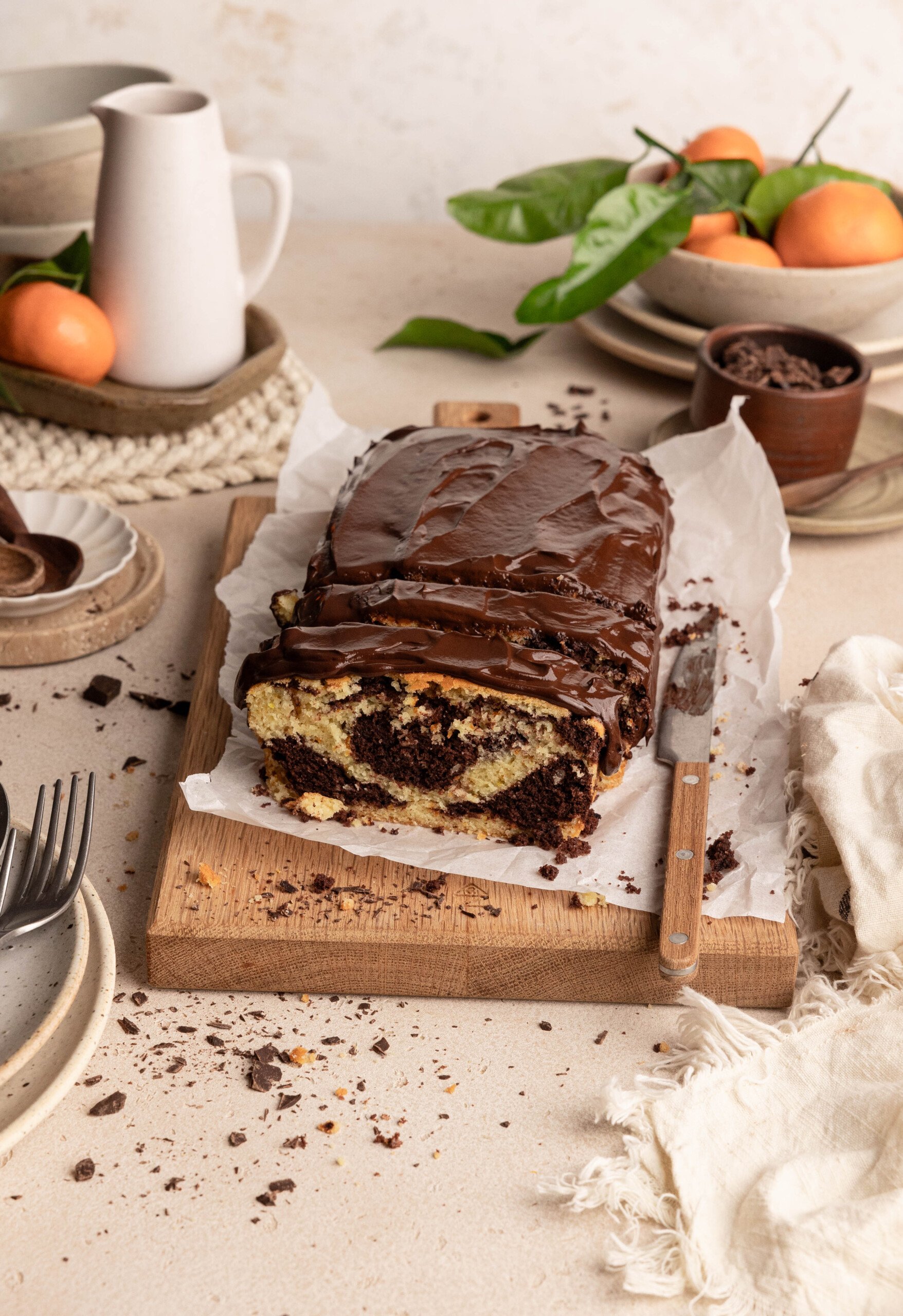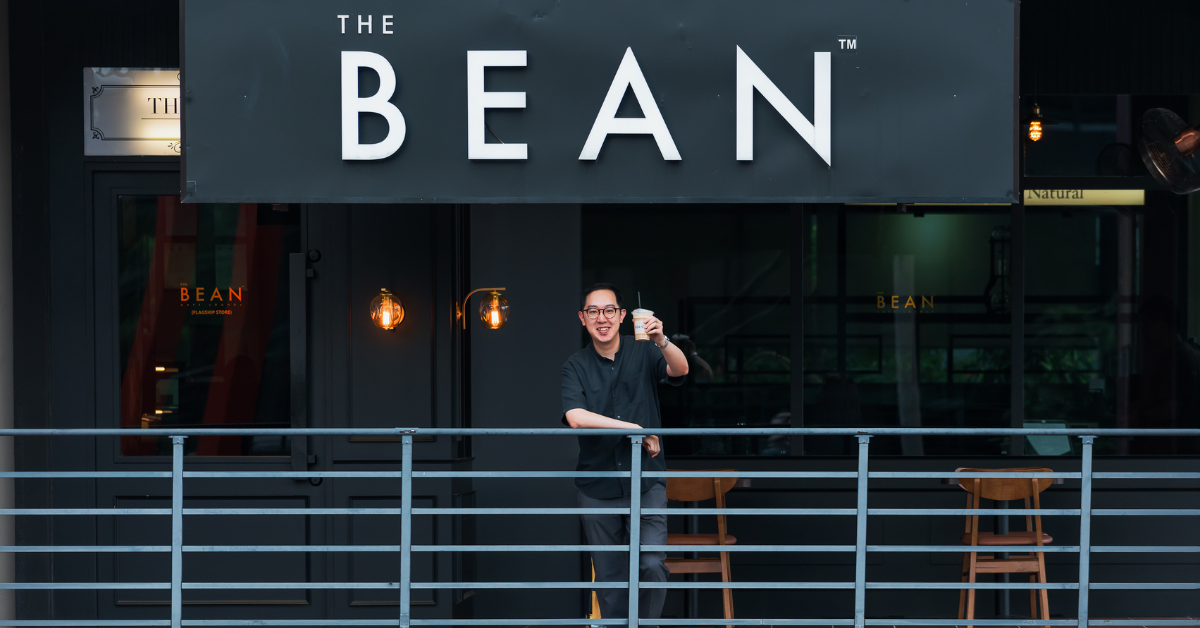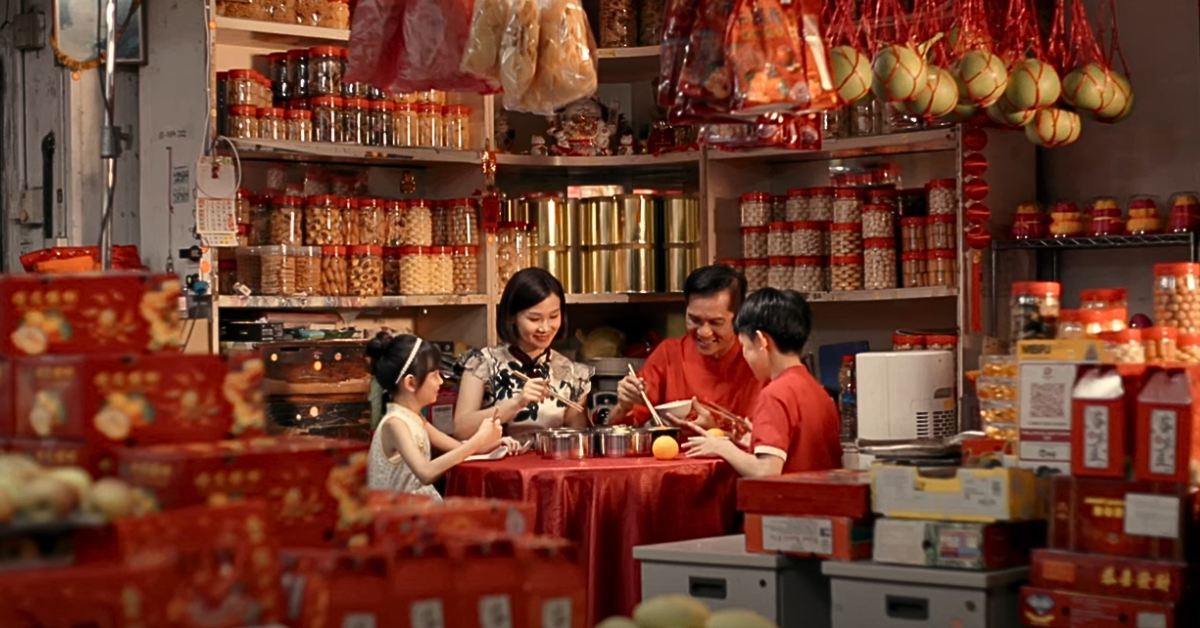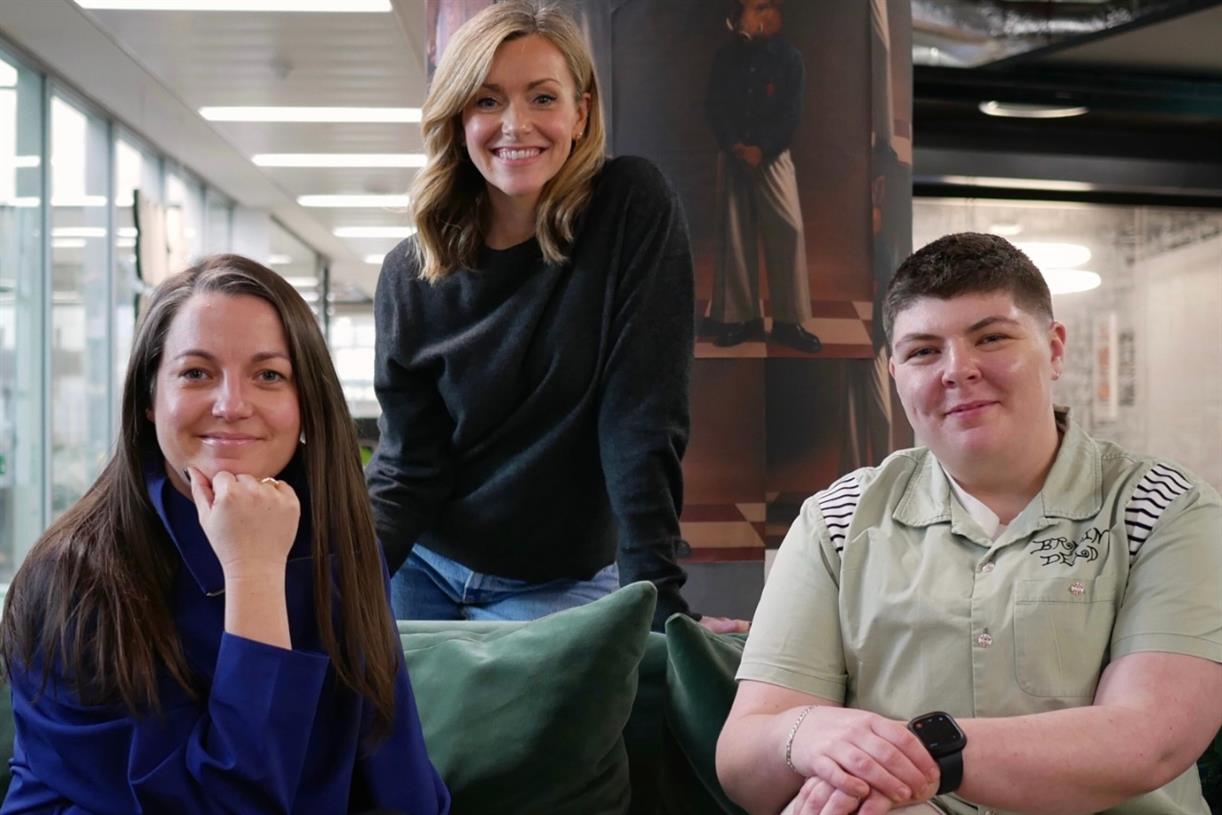“The amount of profit I was earning was not worth the stress”: When burnout breaks a dream
All looked sweet on the outside, but the owner of Cafe Lilac was burning out internally When Chanel Li lost her job as a cabin crew member during the COVID-19 pandemic, baking became her escape. What began as a...
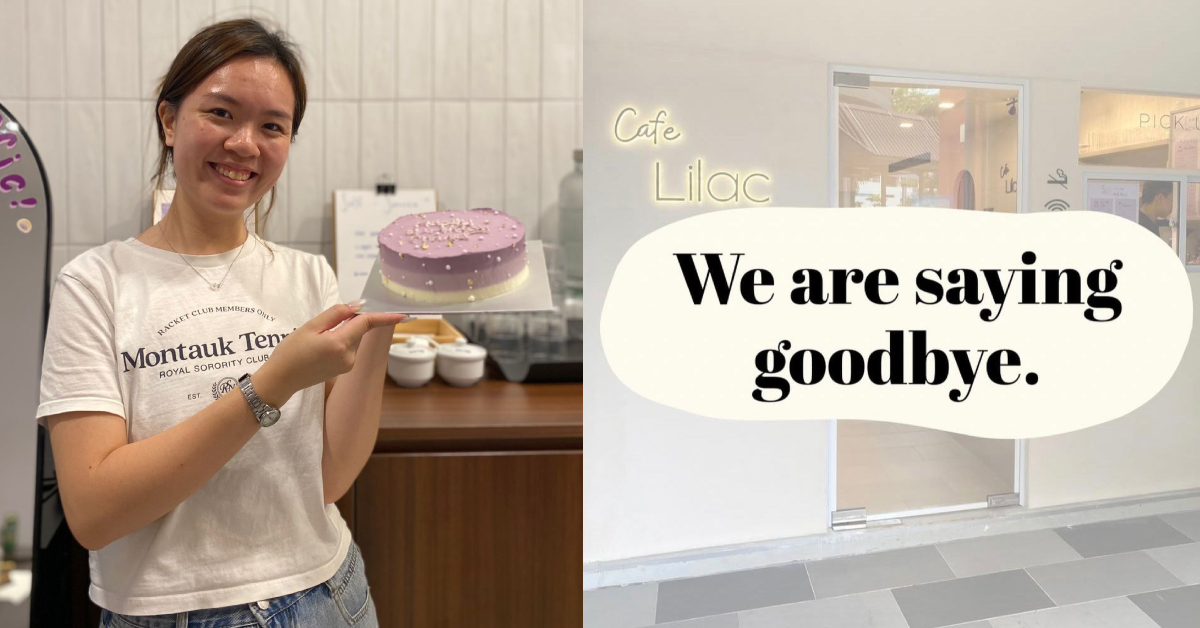
All looked sweet on the outside, but the owner of Cafe Lilac was burning out internally
When Chanel Li lost her job as a cabin crew member during the COVID-19 pandemic, baking became her escape. What began as a hobby soon went viral, and in 2022, she took the leap to open takeaway-only bakery Whisking Bakes, before converting it into a full-fledged dine-in Café Lilac.
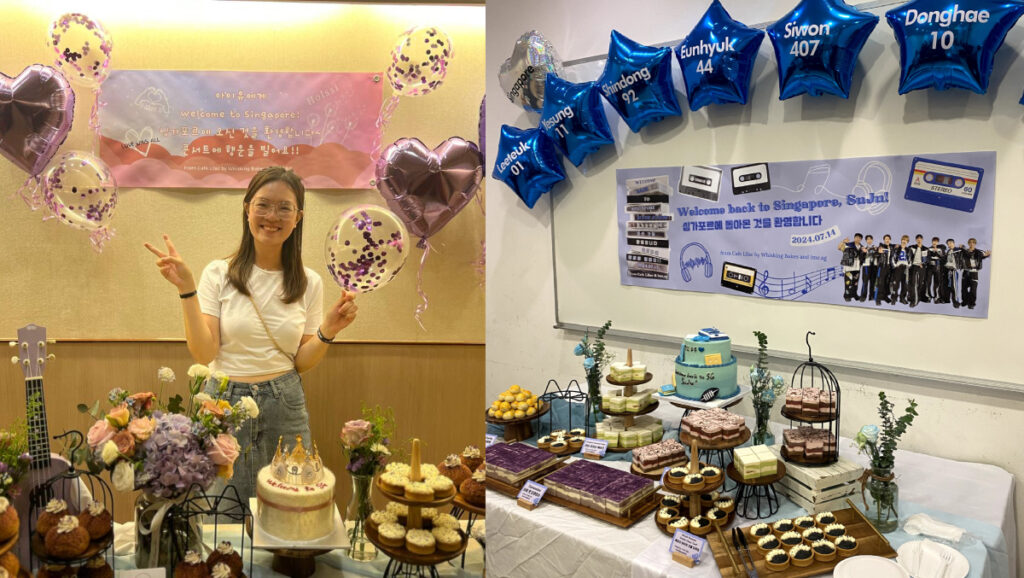 Cafe Lilac has catered for Korean pop legends IU (left) and Super Junior (right) for their concerts in Singapore in 2024 / Image Credit: Cafe Lilac
Cafe Lilac has catered for Korean pop legends IU (left) and Super Junior (right) for their concerts in Singapore in 2024 / Image Credit: Cafe LilacThe business thrived—so much so that Chanel even baked for Korean pop icons like Super Junior and IU. From the outside, everything looked perfect. Which was why it came as a shock when, just months after we featured her and the café in Apr 2025, Chanel announced that the café would close when its lease ends in May 2026.
But behind the growth and accolades, burnout had quietly crept in. Vulcan Post catches up with Chanel to find out how the burnout manifested over the years and the lesser-known mental challenges that entrepreneurs face to keep their businesses alive.
Burnout turned her joy into a chore
Starting a business can be exhilarating, but the same spark that fuels it can also consume. Café Lilac was open seven days a week, with Chanel overseeing every task, from baking to marketing. The relentless grind soon took a toll, and she eventually decided to hire more staff to share the workload.
That choice eased the physical demands but shifted her responsibilities to the parts of the business she enjoyed least—finances and administration. “Honestly, I just don’t enjoy that,” she admitted. “So running the business became more unfun.”
Even customer interaction, once her favourite part of the job, began to feel draining. With staff handling routine enquiries, Chanel found herself dealing with the toughest and nastiest complaints—even on her days off.
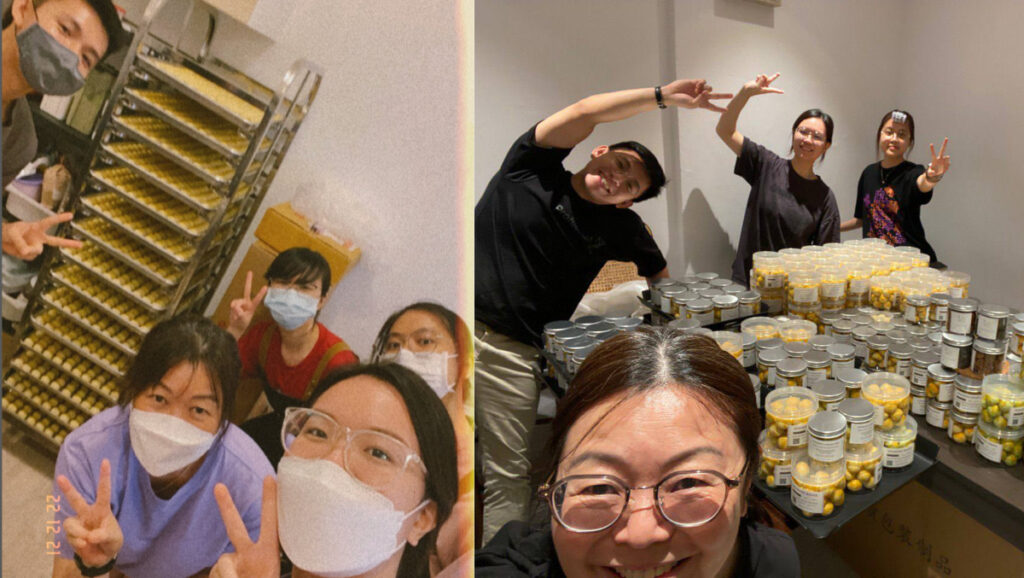 Chanel with her staff / Image Credit: Cafe Lilac
Chanel with her staff / Image Credit: Cafe LilacOn a trip to South Korea with her mother, Chanel spent an hour at the Gangnam bus terminal fielding insults from an irate customer over a cake order. “My mom had to sit in a café and wait while I stood there with my luggage, talking on the phone,” she recalled. A partial refund resolved the situation, but the sting lingered.
Encounters like this weren’t rare. In the F&B industry, the daily accumulation of unhappy customers can weigh heavily. Yet, business owners also know they can’t simply shut their doors when they are exhausted. Attention comes in waves, and revenue during busy seasons often keeps them afloat in slower months.
“When you think about a job or career, often people would say to do something you love, right? Turn what you love into something that you will earn you money, and you won’t feel like you’re working a day. But I would like to refute that.”
“I don’t think that’s really true because at some point, when the thing that you love becomes the only source of income for yourself, and when it is at a point where it’s also the source of income for other people, and you are responsible for that, then it’s very different.”
A lonely weight to carry
As the boss, Chanel had no one to turn to when things went wrong. At 23, most of her peers were still in school or working corporate jobs, unable to relate.
“You [also] cannot complain [to your staff] and say ‘oh this month we’re not doing as well, I’m feeling stressed, are we going to be able to make enough money?’ because you can’t cause panic with them.”
Even ensuring the café continues its smooth operations piled on pressure. Housed in an old HDB block at Lavender, the unit’s faulty wiring caused weekly power trips, often mid-service. Chanel invested thousands in repairs, but when the problem persisted, the town council and her landlord stopped assisting her.
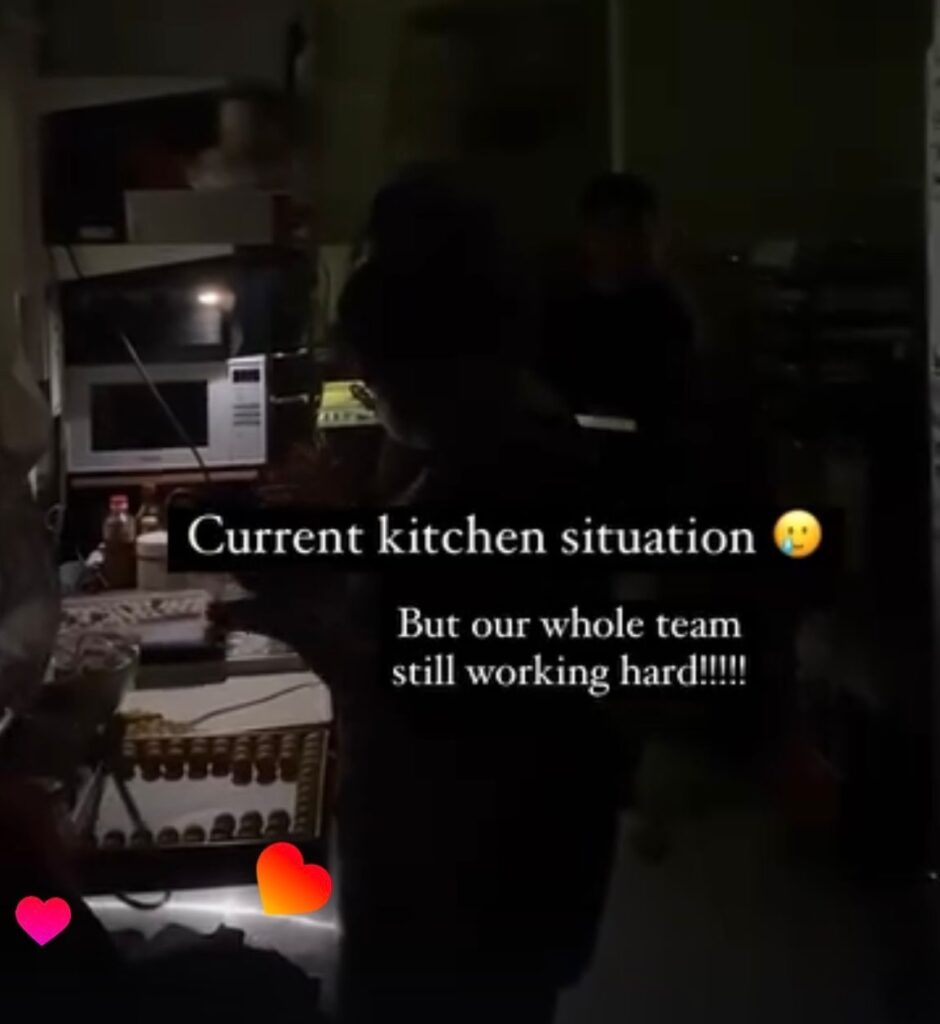 Power trips occur too often at Cafe Lilac, even happening every day during peak seasons / Image Credit: Cafe Lilac
Power trips occur too often at Cafe Lilac, even happening every day during peak seasons / Image Credit: Cafe Lilac“The next step is to really like stop operations, tear out the ceiling and redo everything, which will require yet another big sum,” lamented Chanel.
The mounting stress pushed her to look for new spaces, but the search was disheartening. After multiple rejections and a disastrous unit viewing, she finally reached her breaking point.
“It became a point where the amount of profit I was earning from the cafe was not worth the amount of stress I need to undergo.”
“It’s either I take the risk and go somewhere that will cost even more, which means that the stress will increase more on me because I would have to then make sure I can’t slack off. I have to keep working harder to make sure that the sales will be able to cover whatever costs we have. And when it comes to that point, it feels very dreadful.”
Even with support from her husband and long-time staff, Chanel felt guilty about closing. “It felt like I had no right to give up,” she confessed. In desperation, she turned to an unlikely outlet—ChatGPT.
“I used it like a therapist,” she laughed. “It told me ‘I guess you know the answer in your heart already. It’s just that the cafe has always been your safety net. So do you want to continue with a life just living in safety or do you want to take the courage to step out there?'”
That perspective gave her clarity, and with enough savings set aside, Chanel gathered the courage to officially announce Café Lilac’s closure at the beginning of Sept.
Finding the right balance
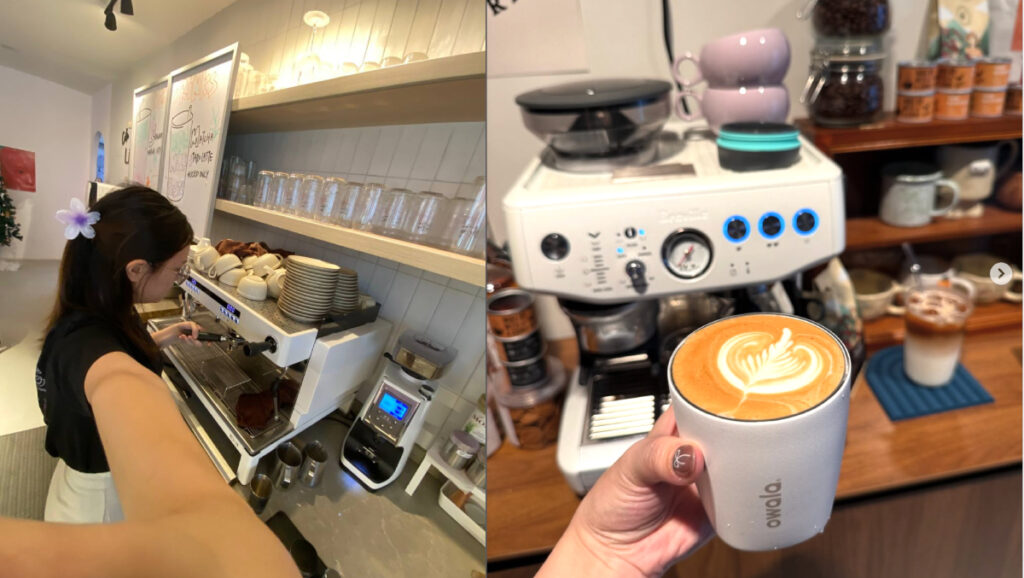 Image Credit: Cafe Lilac
Image Credit: Cafe LilacLooking back, Chanel has no regrets. She still loves baking and coffee, just without the relentless pressure of running a café.
Her priorities have shifted too. In her early 20s, security meant chasing maximum profits. Now, as she approaches her 30s, she looks to build a family and live a slower-paced life with her husband.
For other entrepreneurs, Chanel stresses that passion alone is not enough, and there needs to be emotional boundaries set to prevent one from being over-consumed by their ambition. “I think our society now, we are often told that doing more is better than doing less. So I think everyone would be bound to face burnout.”
Chanel advises thinking carefully about how to structure your business so it works for you, not the other way around. That might mean scaling down hours, simplifying offerings, or limiting peak-season commitments to make the operation more sustainable.
Delegating tasks, even ones you dislike, can allow you to focus on the parts of the business where you truly add value. “If you’re at a point that you’re already burnt out, but the business still needs to continue, then you need to accept less in other areas to have more for yourself, like more time and rest, but less profits and earnings,” said Chanel
Since announcing the closure, Chanel has ironically seen orders surge and an increase in people visiting her cafe. More than 20 business takeover offers also came in, but instead of rushing, she’s taking her time.
For once, the timeline is hers to control, and that has helped her regain the happiness she had lost.
After spending her 20s building Whisking Bakes and Café Lilac, Chanel is ready for the next chapter outside of the F&B industry. And for other entrepreneurs, her story is a reminder that sometimes, knowing how to pace yourself is the best way to sustain what you love.
Learn more about Cafe Lilac here. Read more stories we’ve written on Singaporean businesses here.Featured Image Credit: Cafe Lilac

 BigThink
BigThink 







